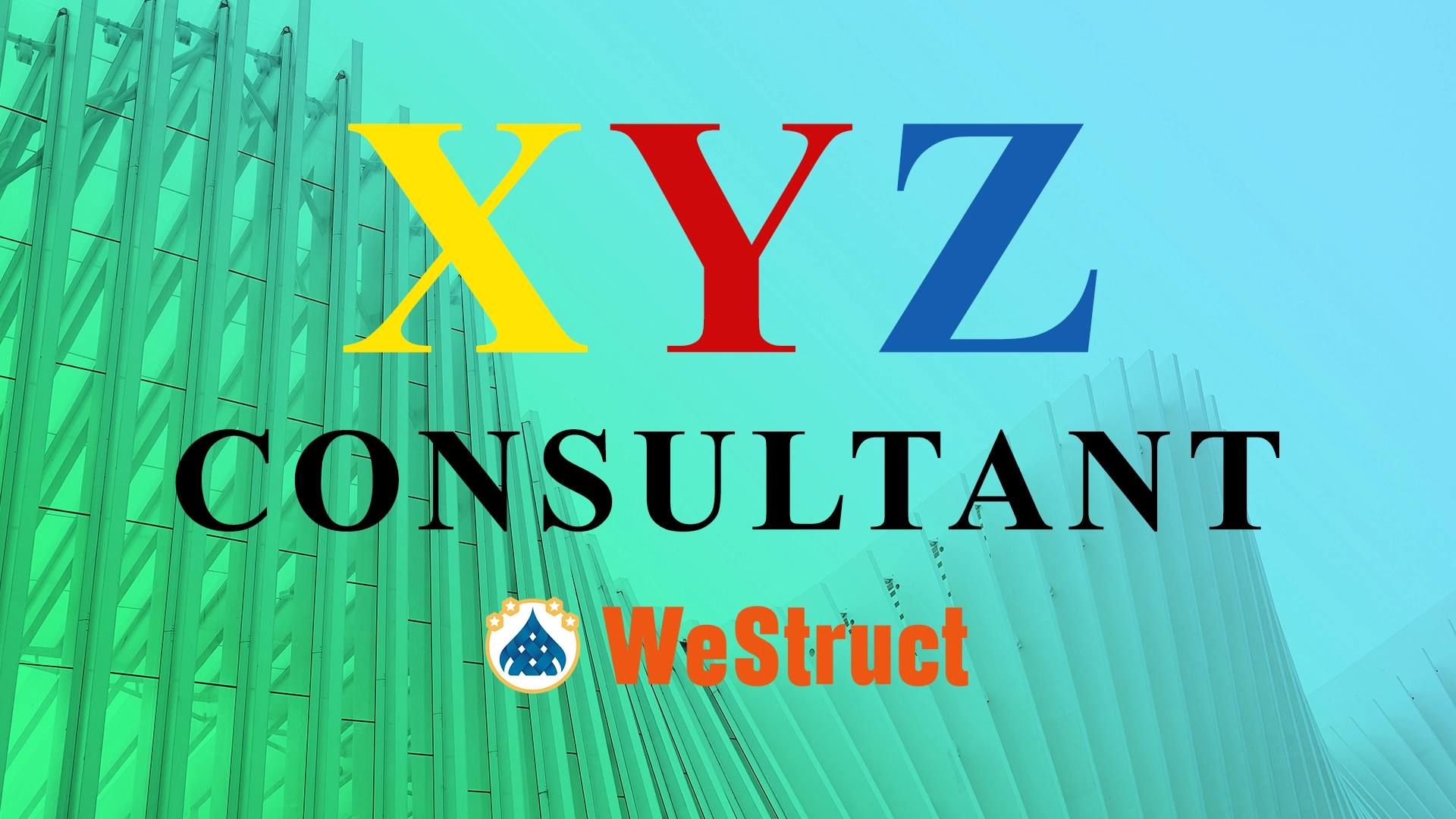Welcome to WeStruct, where our consultancy services go beyond the conventional. Our team of experts comprises dedicated professionals specializing in Engineering, Flood Risk Assessment, Drainage, Structural Engineering, Chimney Removal, Planning, and Extensions. Let’s delve into the unique offerings of each consultant:
Engineering Consultant
Your Project’s Architectural Maestro
An engineering consultant is a professional who provides expert advice and solutions in various engineering disciplines. These consultants are typically highly skilled and experienced in areas such as civil engineering, mechanical engineering, electrical engineering, structural engineering, and more. Their role involves offering specialized guidance to individuals, businesses, or organizations involved in engineering projects.
Key responsibilities of an engineering consultant may include:
- Project Planning: Assisting in the initial planning stages of engineering projects, considering factors like feasibility, budgeting, and timelines.
- Design and Analysis: Providing expertise in designing structures, systems, or components and conducting thorough analysis to ensure functionality, safety, and efficiency.
- Problem Solving: Identifying and solving complex engineering problems that may arise during the course of a project.
- Regulatory Compliance: Navigating and ensuring compliance with local, national, and international engineering regulations and standards.
- Client Communication: Effectively communicating complex engineering concepts to clients, stakeholders, and project teams.
- Innovation: Bringing innovative solutions and approaches to enhance project efficiency and sustainability.
- Quality Assurance: Ensuring that engineering projects meet high-quality standards and specifications.
Overall, engineering consultants play a crucial role in guiding and supporting engineering projects, leveraging their expertise to address challenges and contribute to successful project outcomes.
Our Engineering Consultants are the architects of success for your project. Armed with a diverse range of expertise, they provide comprehensive solutions across civil, mechanical, electrical, and structural engineering. Whether it’s planning, design, or problem-solving, our consultants bring innovation to every stage of your project.

Flood Risk Consultant
Guardians Against Nature’s Fury
A Flood Risk Consultant is a professional who specializes in assessing, managing, and mitigating the risks associated with flooding. These consultants play a crucial role in helping individuals, communities, businesses, and organizations understand and navigate the complexities of flood risks. Their expertise is particularly valuable in regions prone to flooding due to factors such as heavy rainfall, storm surges, river overflow, or coastal events.
Key responsibilities of a Flood Risk Consultant may include:
- Site-Specific Assessments: Conducting detailed assessments of specific locations to understand the potential risks and vulnerabilities to flooding.
- Regulatory Compliance: Ensuring compliance with local, national, and international floodplain management regulations and guidelines.
- Predictive Modeling: Using advanced modeling tools to predict and simulate potential flood scenarios, helping stakeholders make informed decisions.
- Sustainable Design: Recommending and implementing sustainable solutions to manage and reduce flood risks, such as green infrastructure and eco-friendly practices.
- Emergency Planning: Assisting in the development of comprehensive emergency plans to respond effectively in the event of flooding, including evacuation routes and response strategies.
- Public Awareness: Educating communities and stakeholders about flood risks, safety measures, and the importance of preparedness.
- Collaboration: Working closely with engineers, planners, and government agencies to integrate flood risk considerations into overall project planning and development.
Flood Risk Consultants contribute to creating resilient communities, protecting properties and infrastructure from the potentially devastating impacts of floods. Their work is essential for sustainable development in areas prone to flooding and is often required for regulatory compliance and insurance purposes.
Understanding and mitigating flood risks are paramount. Our Flood Risk Consultants conduct detailed site assessments, ensuring your property is resilient against potential flooding. From predictive modeling to sustainable design, trust us to fortify your space against the unpredictability of nature.
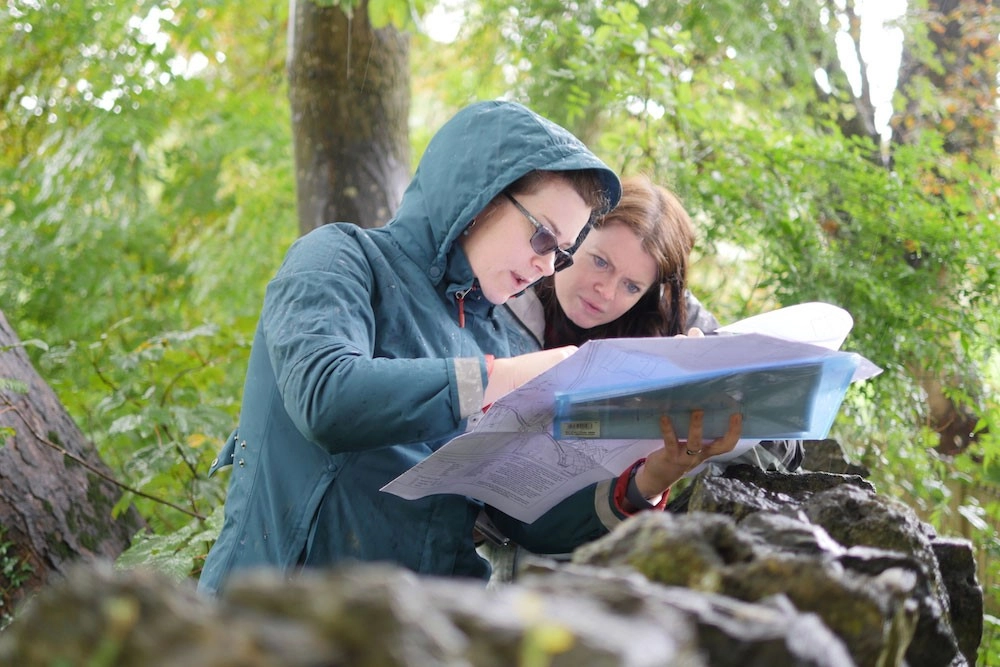
Drainage Consultant
Efficiency Below the Surface
A Drainage Consultant is a professional who specializes in designing and implementing drainage systems to manage water flow, prevent waterlogging, and address related issues. These consultants play a crucial role in various construction and infrastructure projects, ensuring effective water management to prevent flooding, erosion, and other drainage-related problems.
Key responsibilities of a Drainage Consultant may include:
- Site Analysis: Conducting thorough analyses of sites to understand the topography, soil composition, and existing drainage conditions.
- Designing Drainage Systems: Developing tailored drainage solutions, which may include surface drainage, subsurface drainage, and stormwater management systems.
- Regulatory Compliance: Ensuring that drainage systems comply with local, regional, and national regulations and standards.
- Preventing Waterlogging: Implementing measures to prevent waterlogging in areas susceptible to excessive water accumulation.
- Erosion Control: Designing erosion control measures to protect soil and landscapes from the negative effects of water runoff.
- Sustainable Practices: Incorporating sustainable drainage practices, such as green infrastructure, to minimize the environmental impact of drainage systems.
- Collaboration: Working in collaboration with engineers, architects, and other professionals to integrate drainage considerations into overall project planning.
- Maintenance Plans: Developing plans for the regular maintenance and upkeep of drainage systems to ensure their continued effectiveness.
Drainage Consultants are instrumental in creating functional and sustainable drainage solutions for a variety of projects, including residential developments, commercial properties, and infrastructure projects. Their expertise contributes to the overall success and longevity of construction endeavors by preventing water-related issues and promoting efficient water management.
Effective drainage is the unsung hero of construction projects. Our Drainage Consultants specialize in designing drainage systems tailored to your project’s unique needs. Whether it’s preventing waterlogging or ensuring proper runoff, we ensure optimal water management for projects of all scales.

Structural Engineering Consultant
Crafting Foundations for the Future
A Structural Engineering Consultant is a professional who specializes in providing expert advice and solutions in the field of structural engineering. These consultants play a crucial role in ensuring the safety, stability, and durability of structures, whether they are buildings, bridges, towers, or other infrastructure projects.
Key responsibilities of a Structural Engineering Consultant may include:
- Structural Analysis: Conducting thorough analyses to assess the load-bearing capacity, stability, and integrity of structures.
- Designing Structures: Developing structural designs that meet safety codes, regulations, and project requirements while optimizing for efficiency and cost-effectiveness.
- Material Selection: Recommending appropriate materials for construction, considering factors such as strength, durability, and environmental impact.
- Risk Assessment: Identifying and assessing potential risks to the structural integrity of buildings or infrastructure.
- Renovation and Retrofitting: Providing solutions for the renovation or retrofitting of existing structures to meet modern safety standards or accommodate changes in use.
- Construction Oversight: Collaborating with construction teams to ensure that structural elements are implemented according to design specifications.
- Seismic Design: Designing structures to resist seismic forces and mitigate the impact of earthquakes.
- Regulatory Compliance: Ensuring compliance with building codes, standards, and regulations governing structural engineering.
Structural Engineering Consultants are essential for the successful realization of construction projects, contributing their expertise to create safe and resilient structures. Their involvement spans the entire project lifecycle, from the initial design phase to construction and ongoing maintenance. Their goal is to balance safety, functionality, and aesthetic considerations in the built environment.
Structural integrity is the backbone of any construction. Our Structural Engineering Consultants bring expertise in designing robust, safe, and enduring structures. From residential homes to commercial spaces, our consultants ensure that your project stands tall and withstands the test of time.
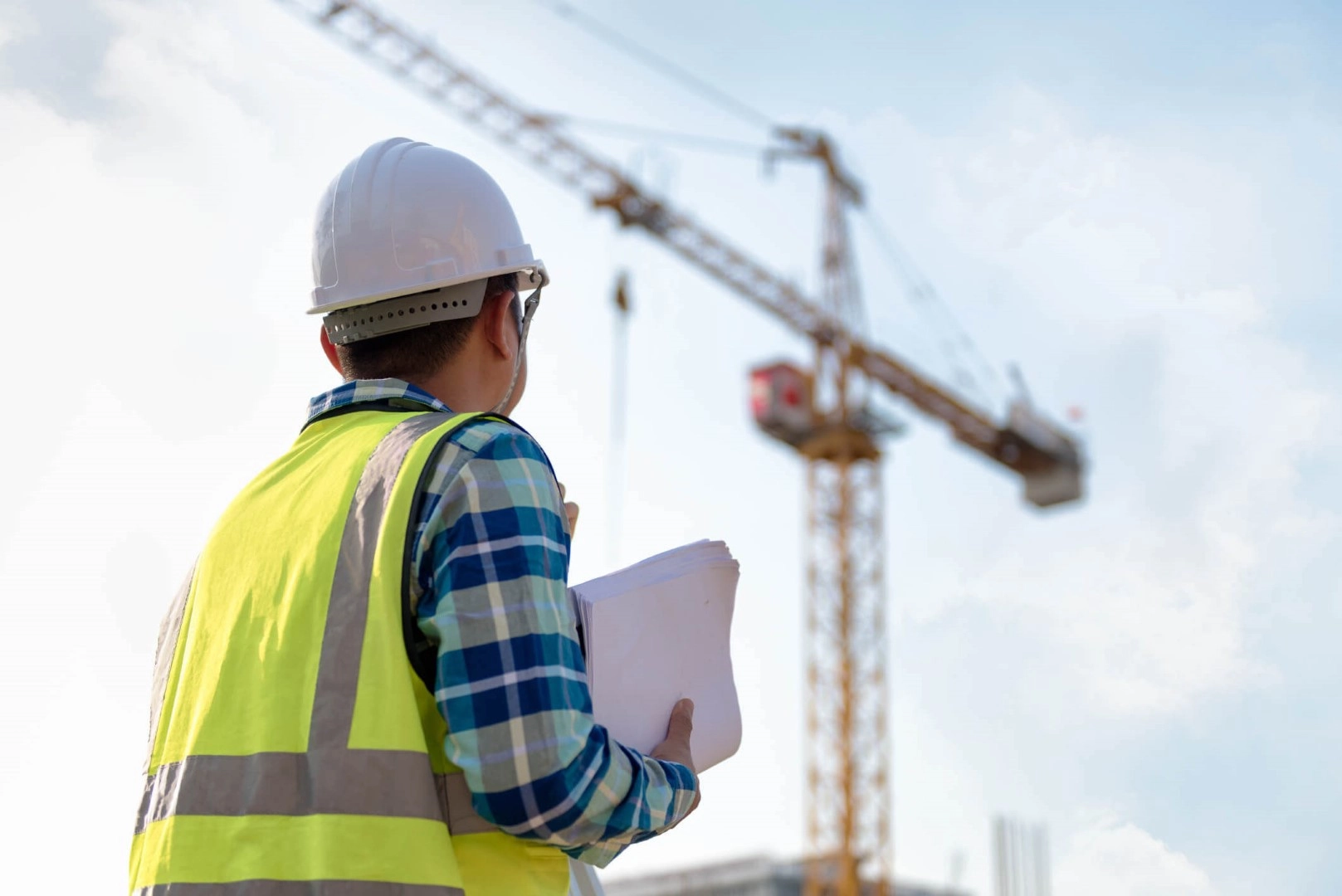
Chimney Removal Consultant
Transforming the Skyline, Safely
A Chimney Removal Consultant is a professional who specializes in the strategic planning and safe removal of chimneys from residential or commercial structures. These consultants play a crucial role in ensuring that chimney removal is carried out efficiently, adhering to safety regulations, and minimizing any potential impact on the structure and surrounding environment.
Key responsibilities of a Chimney Removal Consultant may include:
- Initial Assessment: Conducting a thorough assessment of the chimney and its structural integration with the building to determine the best removal approach.
- Regulatory Compliance: Ensuring compliance with local building codes, permits, and safety regulations related to chimney removal.
- Structural Implications: Assessing the potential impact of chimney removal on the overall structure and recommending necessary structural adjustments.
- Safety Planning: Developing safety plans and procedures to minimize risks during the removal process, including considerations for nearby structures and occupants.
- Environmental Considerations: Addressing any environmental concerns related to the removal, such as the disposal of materials and potential air quality issues.
- Coordination with Contractors: Collaborating with construction and demolition contractors to execute the removal plan effectively.
- Preservation of Aesthetics: Offering solutions to preserve the aesthetic integrity of the building after chimney removal, including facade restoration.
- Disposal and Recycling: Providing recommendations for the proper disposal or recycling of materials removed during the process.
Chimney Removal Consultants aim to ensure that the removal process is not only safe and compliant but also considers the broader impact on the building and its surroundings. Their expertise is particularly valuable when dealing with older structures or when chimneys are no longer functional or pose safety risks. The goal is to execute the removal with precision, minimizing disruptions and maintaining the structural and visual integrity of the property.
Out with the old, in with the new. Our Chimney Removal Consultants specialize in safe and strategic removals. From initial assessments to dismantling, we ensure a seamless process, preserving your property’s safety and aesthetics. Transform your skyline with confidence.
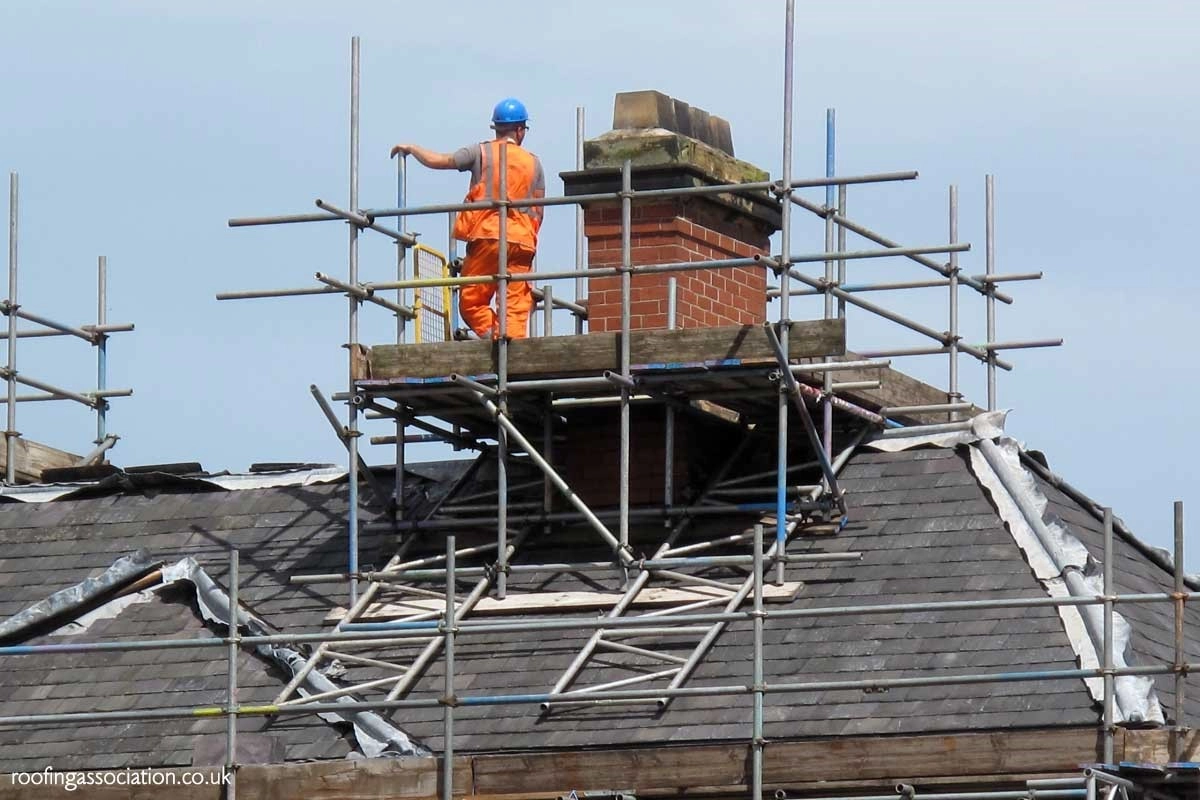
Planning Consultant
Guiding Through the Regulatory Maze
A Planning Consultant is a professional who specializes in providing expert advice and guidance on matters related to urban and regional planning. These consultants play a crucial role in helping individuals, businesses, developers, and local authorities navigate the complexities of planning regulations, land use, and development processes.
Key responsibilities of a Planning Consultant may include:
- Regulatory Compliance: Ensuring that proposed developments comply with local, regional, and national planning regulations and zoning laws.
- Feasibility Studies: Conducting feasibility studies to assess the viability of proposed developments, considering factors such as environmental impact, traffic patterns, and community needs.
- Site Assessments: Evaluating the characteristics of a site, including topography, infrastructure, and existing land use, to inform planning decisions.
- Community Engagement: Facilitating communication and engagement between developers and local communities, gathering feedback, and addressing concerns.
- Planning Applications: Assisting clients in preparing and submitting planning applications to relevant authorities, including documentation and supporting materials.
- Environmental Impact Assessment (EIA): Conducting or coordinating EIAs to assess the potential environmental impact of proposed developments.
- Policy Analysis: Keeping abreast of planning policies and changes in legislation, and providing analysis to clients to ensure their projects align with current planning frameworks.
- Appeals and Representations: Representing clients in planning appeals and hearings, advocating for their interests and addressing objections raised by stakeholders.
- Sustainable Development: Promoting sustainable development practices that consider long-term environmental, social, and economic impacts.
- Land Use Planning: Collaborating with architects, engineers, and other professionals to create comprehensive plans for land use, infrastructure, and community development.
Planning Consultants act as intermediaries between clients and planning authorities, offering valuable insights into the regulatory landscape and helping to streamline the planning process. Their goal is to facilitate responsible and sustainable development while ensuring compliance with legal requirements and community interests.
Navigating planning regulations can be daunting. Our Planning Consultants provide expert guidance on compliance, feasibility, and sustainable development. From site assessments to obtaining planning permissions, we ensure your project aligns seamlessly with regulatory requirements.

Extension Consultant
Maximizing Space, Minimizing Hassle
An Extension Consultant is a professional who specializes in providing expert advice and guidance on extending existing structures or properties. These consultants play a key role in helping individuals, homeowners, and businesses navigate the process of planning and executing building extensions. Whether it’s adding extra rooms to a house, expanding commercial spaces, or enhancing facilities, Extension Consultants ensure that the extension aligns with regulations, meets client needs, and integrates seamlessly with the existing structure.
Key responsibilities of an Extension Consultant may include:
- Feasibility Studies: Conducting feasibility studies to assess whether an extension is viable, considering factors such as local planning regulations, budget constraints, and structural feasibility.
- Regulatory Compliance: Ensuring that proposed extensions comply with local building codes, zoning laws, and planning permissions.
- Design and Planning: Collaborating with architects and designers to create plans that not only meet the client’s requirements but also enhance the overall aesthetics and functionality of the existing structure.
- Client Communication: Acting as a liaison between the client and other professionals involved in the project, ensuring clear communication and understanding of expectations.
- Cost Estimation: Providing cost estimates for the extension project, including construction, materials, and any additional expenses.
- Planning Permission: Assisting clients in obtaining the necessary planning permissions and approvals from local authorities.
- Construction Oversight: Monitoring the construction process to ensure that the extension is built according to the approved plans and meets quality standards.
- Environmental Considerations: Integrating sustainable and environmentally friendly practices into the design and construction of the extension.
- Space Optimization: Advising on how to optimize the use of space within the extension to meet the client’s functional needs and enhance the overall value of the property.
Extension Consultants guide clients through the entire process of extending their properties, from the initial idea to project completion. Their expertise ensures that the extension is not only structurally sound but also aligns with legal requirements, enhances property value, and meets the specific needs and preferences of the client.
Need more space? Our Extension Consultants are here to help you navigate the process. From conceptualization to planning permission, we guide you through the extension process. Maximize your property’s potential with our expert consultation, ensuring a seamless and stress-free expansion.
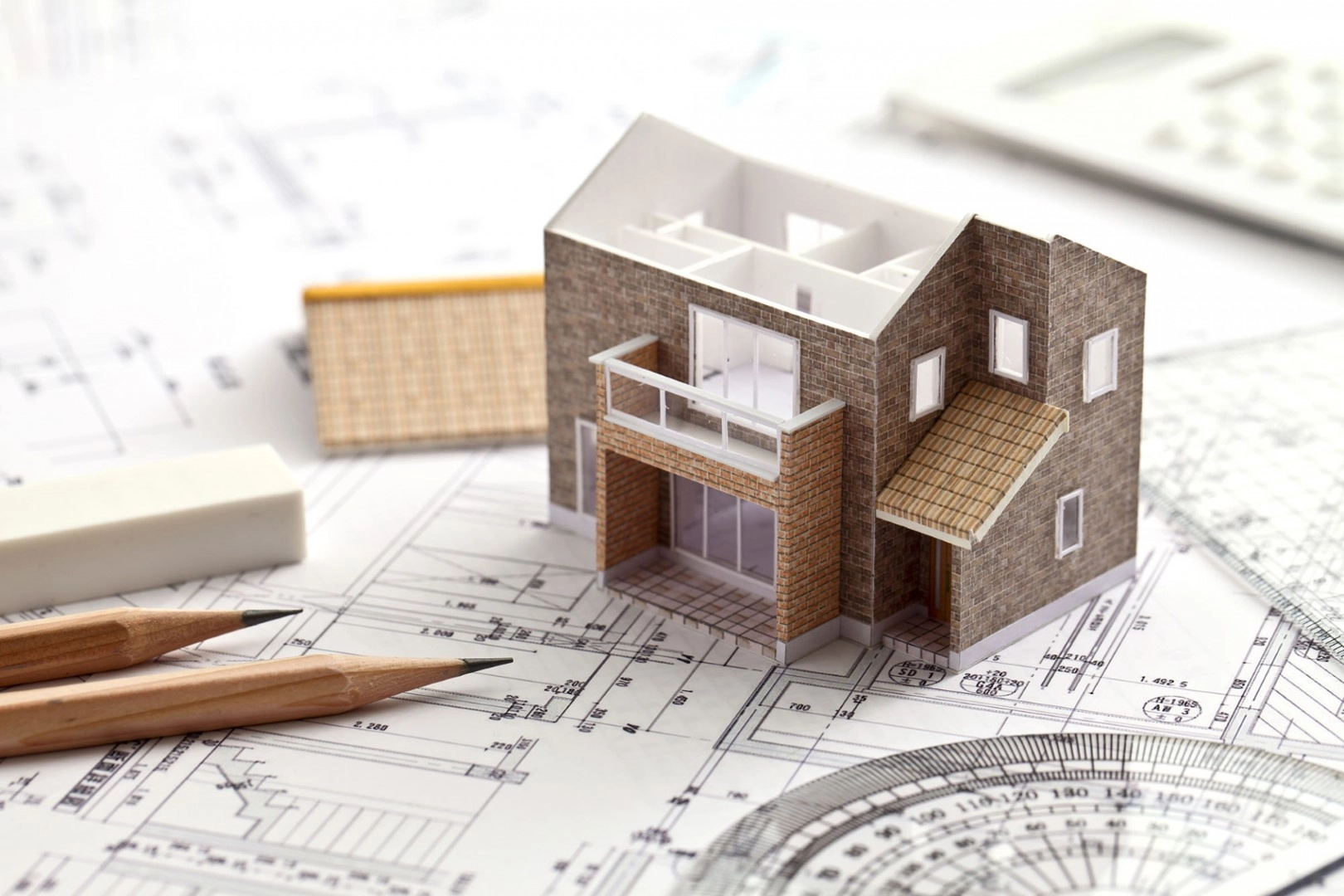
Conclusion
At WeStruct, our diverse team of consultants is dedicated to ensuring the success of your project. Whether you’re embarking on a new venture or seeking solutions for an existing one, our experts are here to guide you. With a commitment to excellence and a wealth of knowledge in each domain, WeStruct is your trusted partner in construction and engineering consultancy.

